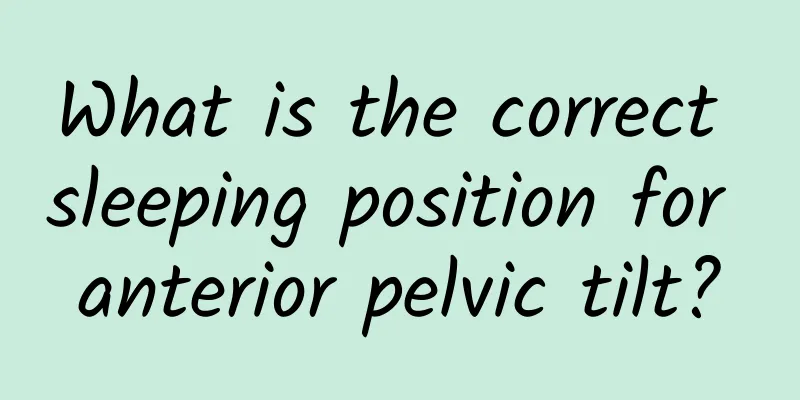Why is the old man sleeping all the time?

|
If the elderly sleep all the time, this is also a bad sign. Generally speaking, the elderly sleep for about 6 to 7 hours, which is relatively normal. If they sleep all the time, they should be alert to some disease-related reasons. The physical fitness of the elderly gradually declines, and they are prone to some chronic diseases. These chronic diseases often lead to drowsiness in the elderly. Let’s understand why elderly people sleep all the time. Why is the old man sleeping all the time? 1. Environmental factors If the elderly live a lonely and monotonous life and live in a lonely environment, and they often do not like to move and are prone to drowsiness due to poor physical strength, poor heart function, or bone and joint diseases. 2. Brain factors When elderly people become drowsy, the first thing to consider is whether they have brain disease. For example, when the elderly suffer from brain inflammation, brain tumors, brain atrophy, cerebral arteriosclerosis and cerebrovascular disease, they may become drowsy. 3. Physical factors Generally speaking, physical factors are the most common cause of sleepiness in the elderly. Elderly people are often physically weak, especially those suffering from systemic diseases such as hypothyroidism or lung infection. Early symptoms are often mental fatigue and drowsiness. 4. Drug factors It mainly refers to the side effects of sleeping pills, because some sleeping pills have a longer duration of action. In addition, if the elderly have chronic renal failure or hypoalbuminemia, they are prone to after-effects of sleeping pills, which manifest as poor spirits, fatigue and drowsiness after getting up the next day. What is sleepiness in the elderly? 1. Neurological diseases If the elderly suffer from some neurological diseases, it can also cause daytime sleepiness. 2. Idiopathic hypersomnia This disorder is clinically similar to narcolepsy in that patients experience excessive daytime sleepiness despite apparently adequate nighttime sleep. The difference is that it does not cause cataplexy and there is no obvious improvement in spirits after sleep. 3. Sleep apnea Older people with excessive daytime sleepiness often have obstructive sleep apnea, with symptoms including snoring, choking, and breathing pauses. Physical examination reveals obesity, thickened neck, and narrow upper airway. 4. Restless Legs Syndrome Restless legs syndrome is characterized by discomfort in the legs and a strong urge to move the legs when at rest. This symptom is milder during the day and worse at night. The symptoms can be relieved after leg activities. Most elderly patients move their legs during sleep. 5. Narcolepsy Narcolepsy is a disease with abnormal sleep-wake control. Its clinical manifestations include excessive daytime sleepiness, sleep paralysis, hypnagogic hallucinations and cataplexy. Some elderly people belong to this group. |
>>: What to do if your heart beats loudly when you wake up
Recommend
How to take care of nasal polyps on a daily basis
When it comes to general human diseases, what we ...
What are the symptoms of intestinal damp heat
Intestinal damp-heat is a term in traditional Chi...
Why do girls also have throats?
Some women feel surprised and a little embarrasse...
How long can I go out after abortion?
Abortion is a medical procedure performed to term...
What to do if you get stung by a chili pepper and it becomes red and swollen
The hairy caterpillar is actually a kind of cater...
What is stomach pain after meals?
For humans, eating and sleeping are important way...
Is there a minimally invasive surgery for anal fistula?
The symptom of anal fistula can cause anal atroph...
Will birth control pills remain in the body?
Contraceptive pills are not common medicines. The...
Dosage of stir-fried jujube kernels
In late summer in northern my country, sour jujub...
How to judge whether chemotherapy is sensitive or not
To determine whether you are sensitive to chemoth...
Why does a stillbirth occur?
Stillbirth is actually rare. Most expectant mothe...
What to do if your calves can't close together
The inability to close the calves is related to t...
What causes rotten teeth in children?
It is common for children to have rotten teeth. T...
How is seborrheic alopecia caused? It may be caused by excessive oil secretion.
The reason why many people suffer from seborrheic...
What foods should be avoided when you have measles?
Urticaria is caused by allergies, and diet is an ...









